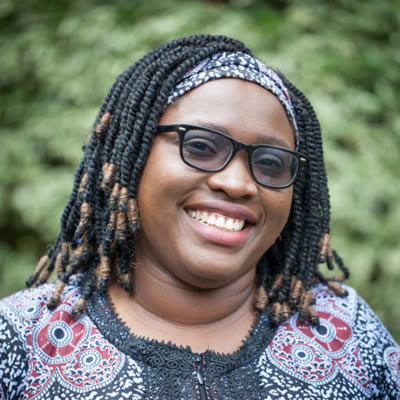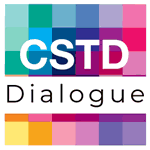Written byOlasimbo Sojinrin, Nigeria Country Director, Solar Sister
In sub-Saharan Africa, where over 600 million people have no access to electricity and over 700 million rely on harmful cooking fuels, it’s women who bear the huge burden of energy poverty and who disproportionately shoulder the harmful effects of climate change.
I grew up in Lagos where we planned our daily lives around the few hours of electricity that the National Utility company (then called NEPA).
Today over 74 million of my fellow Nigerians live without power and over 64,000 people in my country die from the smoke of cooking on open fires. The majority of those are the women and small children who spend time in smoky cooking huts[1].
According to the Global Off-Grid Lighting Association (GOGLA)[2], the sale of off grid solar products, such as solar lanterns and home systems, has grown rapidly in emerging markets over the last decade (from less than 1 million in 2010 to 26 million in 2017), generating employment across a range of key sectors.
It is women who have a vital role in bringing this new technology to even the most remote and low-income communities.
Women are critical to energy use and the adoption of any solution, but the clean energy sector in emerging economies often bypasses women throughout the value chain, from design to distribution of clean technologies. Often women are just seen as customers.
Despite this, women are in a unique position to connect with communities, increase awareness, and deliver sustainable energy products and trusted services. There is a tremendous opportunity to involve local women in energy access as distributors, entrepreneurs, trainers and technicians.
Solar Sister Nigeria trains women to kickstart clean energy businesses marketing a wide array of products. The local women we work with are enterprising, creative, hard working, and committed to improving the wellbeing of their families and communities.
Once trained in the technical specifications, and the business skills, Solar Sister entrepreneurs market and sell durable, quality solar lamps and clean stoves to their communities. They earn extra income, respect, and also reap the benefits of using clean energy themselves.
Nanbet is one of our entrepreneurs. She is a formidable young mother, a farmer and a clean energy entrepreneur in rural Nigeria. She sells solar lights and clean stoves in her community and uses the profits to pay for fertilizers for her farm and to send her children to school. This is the kind of generational change that a clean energy business can make and that a woman can make. This is why Solar Sister continues to invest in women and clean energy enterprise across Nigeria, Tanzania, and beyond!
[1] Global Alliance for Clean Cookstoves
[2] GOGLA/Lighting Global’s semi-annual market data collection. Latest used is Global Off-Grid Solar Market Report Semi-Annual Sales and Impact Data, GOGLA, 2018. 26 million refers to affiliate
What must be done to ensure that the potential offered by science, technology and innovation towards achieving the SDGs is ultimately realized?
In the context of the UN Commission on Science and Technology for Development, the CSTD Dialogue brings together leaders and experts to address this question and contribute to rigorous thinking on the opportunities and challenges of STI in several crucial areas including gender equality, food security and poverty reduction.
The conversation continues at the twenty-second session of the CSTD and as an online exchange by thought leaders.


